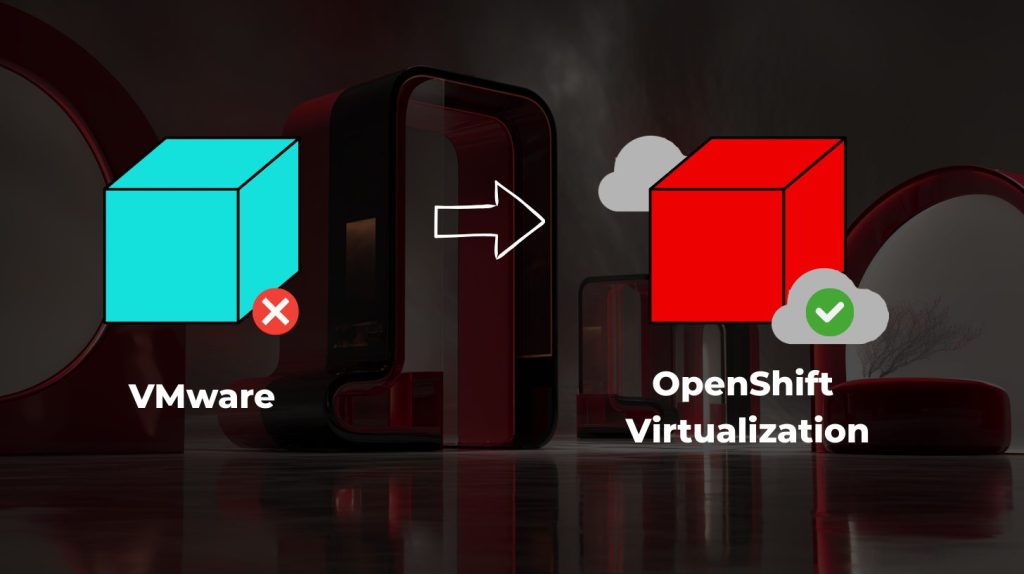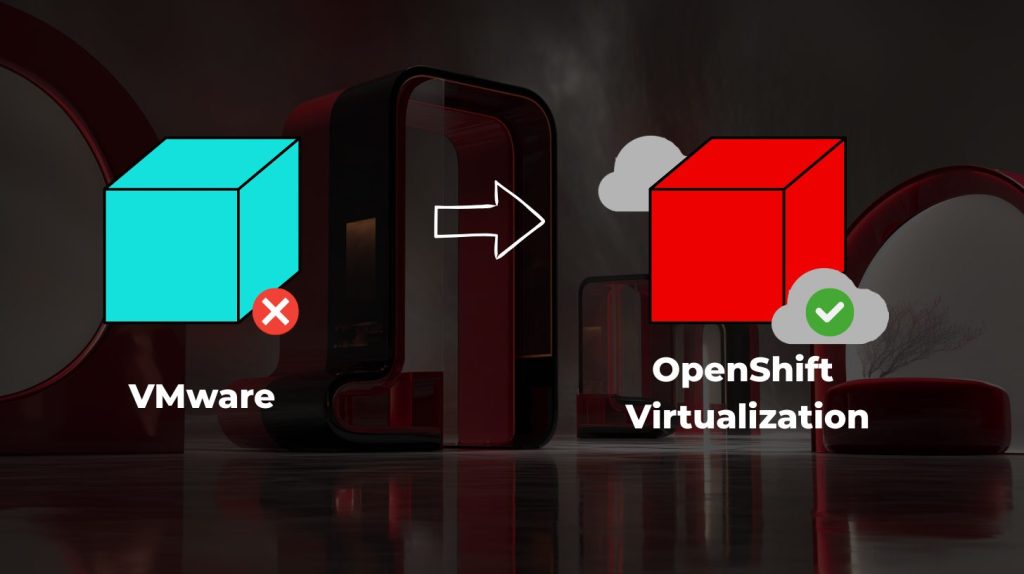Although it already exists more than three years, Liberty profile of WebSphere application server hasn’t come to life in widespread use yet. Largely it is due to an incomplete understanding of the Liberty profile, what does it bring and how different it is from WAS we knew so far.
Traditional WAS we like and have been using for years is quite monolithic server that internally consists of three parts: the runtime services and config model, Java EE implementation and specific WAS upgrades. By installating WAS you will get a whole monolith, therefore all three parts. Such monolithic, “all-or-nothing” approach is clearly not modular, and requires more system resources than necessary for the performance comparing to applications that use only a limited set of functionality that WAS offers.
Thereby, three years ago a new architecture of WAS was created with the basic intention of the server to become more modular, faster and uses less system resources. Existing monolithic functionality are broken down into modules that OSGI technology as building blocks connect to the server made to measure. The new architecture is called Liberty profile, while the old monolithic architecture is now known as the Full profile.

Source: aj-bee.blogspot.hr
From the functionality perspective that offers, it is still the same server. Full Profile and Liberty profile behave exactly the same. The difference is found only in the internal architecture that has become modular. Because of this modularity, it is now possible to turn off individual modules that are not used in applications. Accordingly, the server can run faster, consume less memory and less disk space. This type of optimization is especially important in virtualized cloud environments and therefore IBM Bluemix platform uses Liberty profile. Speed tests have shown that the WebSphere Liberty profile runs 30 % faster than the Tomcat if we include only those modules that correspond to standard Tomcat servlet container.
From the perspective of developers who build systems whose target execution is WAS environment, this means that there is no need to use Tomcat on their local computers due to a speed of development. On the whole, this approach has always been risky because developers have been using Tomcat because of speed, and final delivery was deployed WAS test environment. Because of the subtle, but constantly present differences between Tomcat and WAS such deliveries have always been accompanied by problems (different versions of the library, problems with the classloaders, different ways of the datasources configuration, etc.). Thanks to the WAS that is now even faster than Tomcat, why not use WAS in the development. In this way development, test and production environment are being coordinated, which eliminates previously mentioned problems.
So far known edition of WAS is still there: Base Edition provides basic functionality while Network Deployment Edition brings the possibility of clustering. In addition, now it is even possible to choose whether we want to install this edition monolithically (Full profile) or modularly (as Liberty profile). Figuratively it can be shown through the matrix:

Source: IBM Websphere softver
Interestingly, by introducing modular architecture to Liberty profile formed a brand new product called Liberty Core. In fact, the modularity has brought the possibility of concluding arbitrary server functionality. Liberty Core is a server from which advanced JEE functionality are expelled and it supports so-called web profile. For many applications, such a server is quite enough and it should be certainly taken into consideration. And the price is favorable as well.
Excluding Core Liberty as a brand new product, WAS is licensed as ever. You can license the Base or Network Deployment Edition. Afterwards, in the licensed edition you can choose whether you want to install server as a Full or Liberty Profile. In other words, price and licensing terms do not depend on the profile (Full or Liberty), but the edition (Base or Network Deployment).
The story is definitely interesting. For more details, please contact us!



